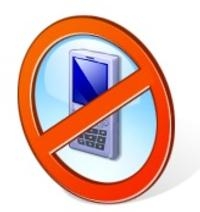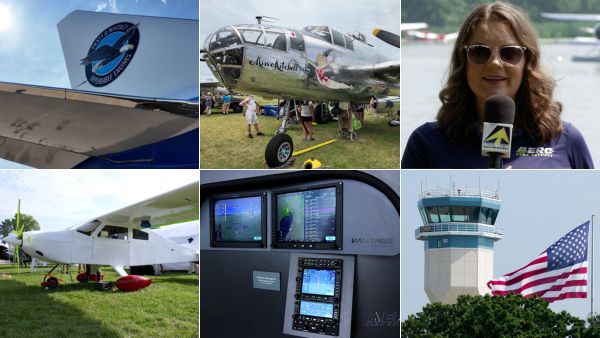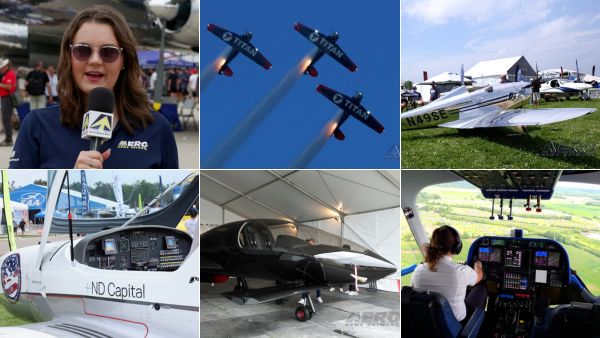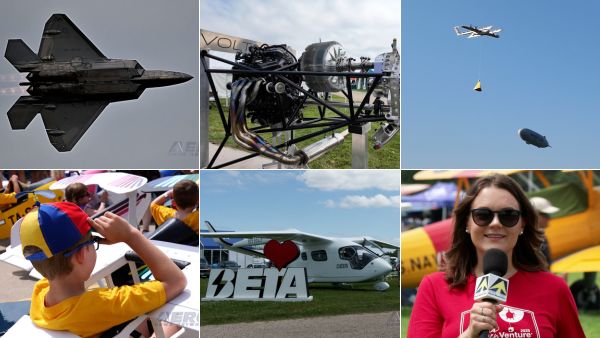Sat, Sep 08, 2012
Places The Burden For Their Ban In The U.S. On The FCC
As part of the FAA re-authorization bill passed by the congress earlier this year, Congress directed the Administrator of the FAA to conduct a study on the impact of the use of cell phones for voice communications in an aircraft during a flight in scheduled passenger air transportation. The agency was told to include a review of foreign government and air carrier policies on the use of cell phones during flight; a review of the extent to which passengers use cell phones for voice communications during flight; and a summary of any impacts of cell phone use during flight on safety, the quality of the flight experience of passengers, and flight attendants.

In its report, which the FAA released this week, the agency said that FCC regulations currently prohibit use of certain cellular telephones while airborne, and because of that, the FAA has not approved installation of on-board cellular telephone base stations, often called pico-cells, on US air carrier aircraft.
The FAA did identify several countries which do allow the use of cell phones on board airliners. The agency developed a questionnaire and sent it to those civil aviation authorities which allow their use. Those which responded included Australia, Brazil, France, Ireland, Jordan, Malaysia, New Zealand, Portugal, Saudi Arabia, the UAE, and the UK. The civil aviation authorities that responded said that there have been no confirmed occurrences of cell phones affecting flight safety on aircraft with on-board cellular telephone base stations. They also reported no cases of "air rage" or flight attendant interference related to passengers using cell phones on aircraft equipped with on-board cellular telephone base stations. Some passengers complained about the cost of the cell phone service, and when the cell phone service was inoperative or interrupted in flight.
The non-US civil aviation authorities who have approved the installation of onboard cellular telephone base stations on aircraft reported that the aircraft with these installations undergo extensive analysis, functional tests, ground tests, and flight tests to demonstrate that the cell phones and base stations do not interfere with aircraft systems. These aviation authorities reported that use of cell phones on aircraft while airborne is restricted by telecommunications authority regulations. Operators of aircraft with on-board cellular telephone base stations must have approval from telecommunication authorities before these systems can be used by passengers with their cell phones.
More News
Also: Pratt & Whitney 747SP, Gratia Aero, Robinson/MagniX, Jack Pelton Part5 The Avidyne Vantage 12 is finally certified and will shortly be shipping out so that aging Cirrus a>[...]
Aero Linx: Army Aviation Medicine Association (AAVMA) The Society of US Army Flight Surgeons (SoUSAFS) serves to advance the science and art of Aerospace Medicine and its allied sc>[...]
Witnesses Reported That They Heard A Loss Of Engine Power Analysis: Witnesses reported that the airplane departed from runway 35 after a successful runup. During the initial climb,>[...]
Radio Magnetic Indicator An aircraft navigational instrument coupled with a gyro compass or similar compass that indicates the direction of a selected NAVAID and indicates bearing >[...]
"After exiting, I had a vague recollection of what just happened…and a much clearer view of how quickly hypoxia can sneak up. Sign-ups for PROTE are open each day of AirVent>[...]
 OSH25 Day 5 Redux: Avidyne Vantage 12, Is Fly-Inn An AeroBnB?, B25 Miss Mitchell
OSH25 Day 5 Redux: Avidyne Vantage 12, Is Fly-Inn An AeroBnB?, B25 Miss Mitchell ANN's Daily Aero-Linx (07.29.25)
ANN's Daily Aero-Linx (07.29.25) NTSB Final Report: Curtiss Wright P-40E
NTSB Final Report: Curtiss Wright P-40E ANN's Daily Aero-Term (07.29.25): Radio Magnetic Indicator
ANN's Daily Aero-Term (07.29.25): Radio Magnetic Indicator Aero-News: Quote of the Day (07.29.25)
Aero-News: Quote of the Day (07.29.25)



